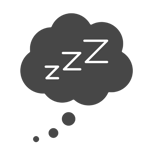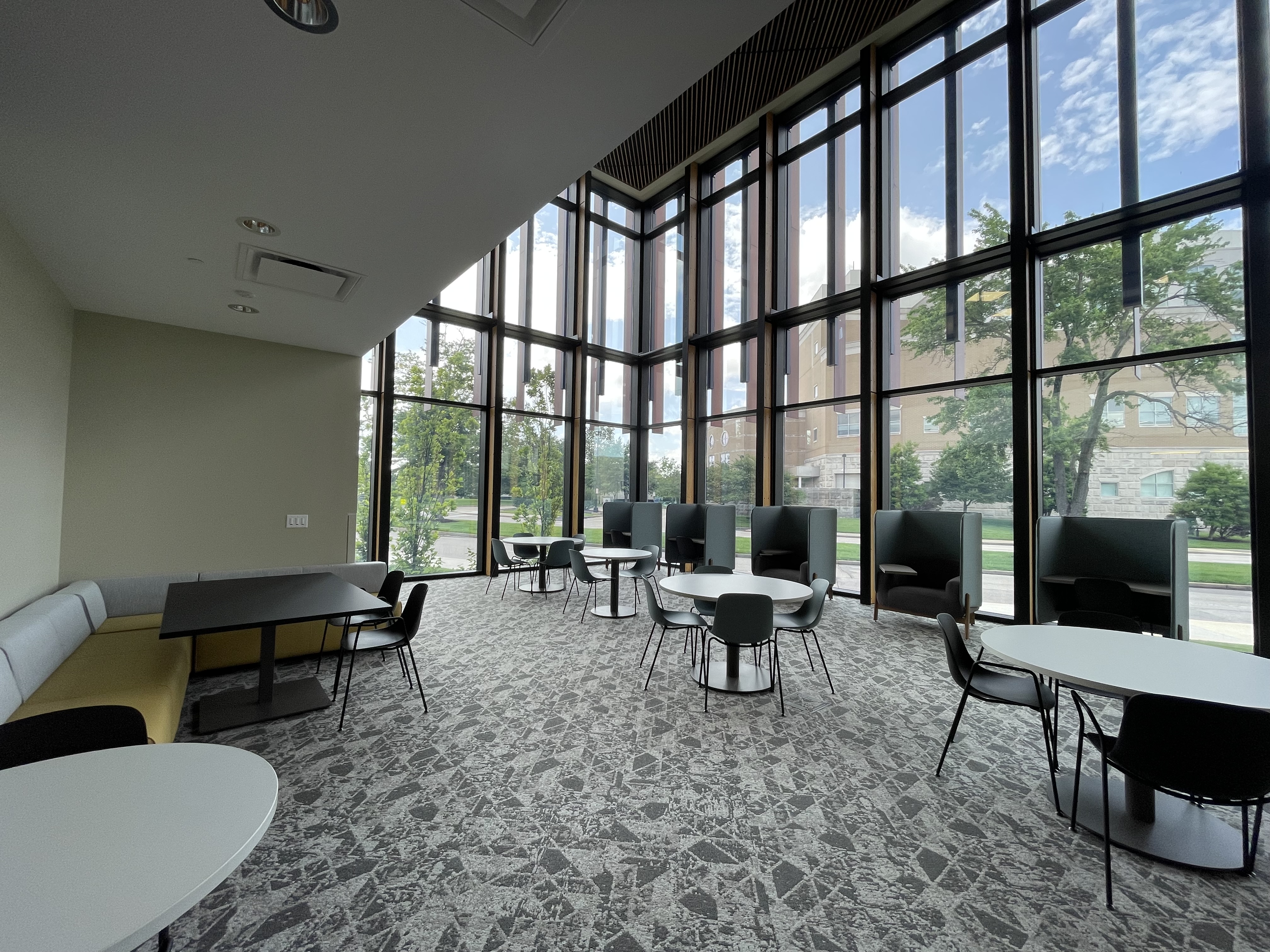Sufficient sleep is essential for staying both physically and emotionally healthy. Lack of sleep impairs a person's ability to focus and learn efficiently and increases susceptibility to illness and risk of injury due to sleepiness. We all need adequate sleep in order to repair our bodies, consolidate memories, and be alert to accomplish important tasks.

Feeling tired or dragged out during the day? Try taking a nap! Naps can provide quick boosts in energy and alertness. To make the most of your nap, keep it short (20-30 minutes)! Longer naps can disrupt your regular sleep cycle (affecting length and quality of nighttime sleep) and can cause grogginess and disorientation.
Looking for a quiet spot to close your eyes? Check out the new Quiet Lounge, located in the Recreation, Fitness and Wellness Center!

Check the Student Wellness Program Calendar for upcoming dates!
Note: These assessments are for educational purposes only. Please consult with your medical provider for specific guidance on your sleep habits.
Epworth Sleepiness Scale - How likely are you to nod off or fall asleep in certain situations? Take this sleepiness assessment and discuss your results with a doctor.
Sleep Diary - Use this worksheet from the National Sleep Foundation to track your sleep habits for better sleep.
National Sleep Foundation - A source for sleep research, and information on topics ranging from sleep disorders to maximizing energy.
American Sleep Association - A national organization focusing on improving awareness of sleep benefits and problems.
Spotify Sleep Playlist - A playlist of relaxing instrumentals to help you sleep.
Guided Meditation for Sleep - This YouTube video provides a guided meditation to promote relaxation and sleep.